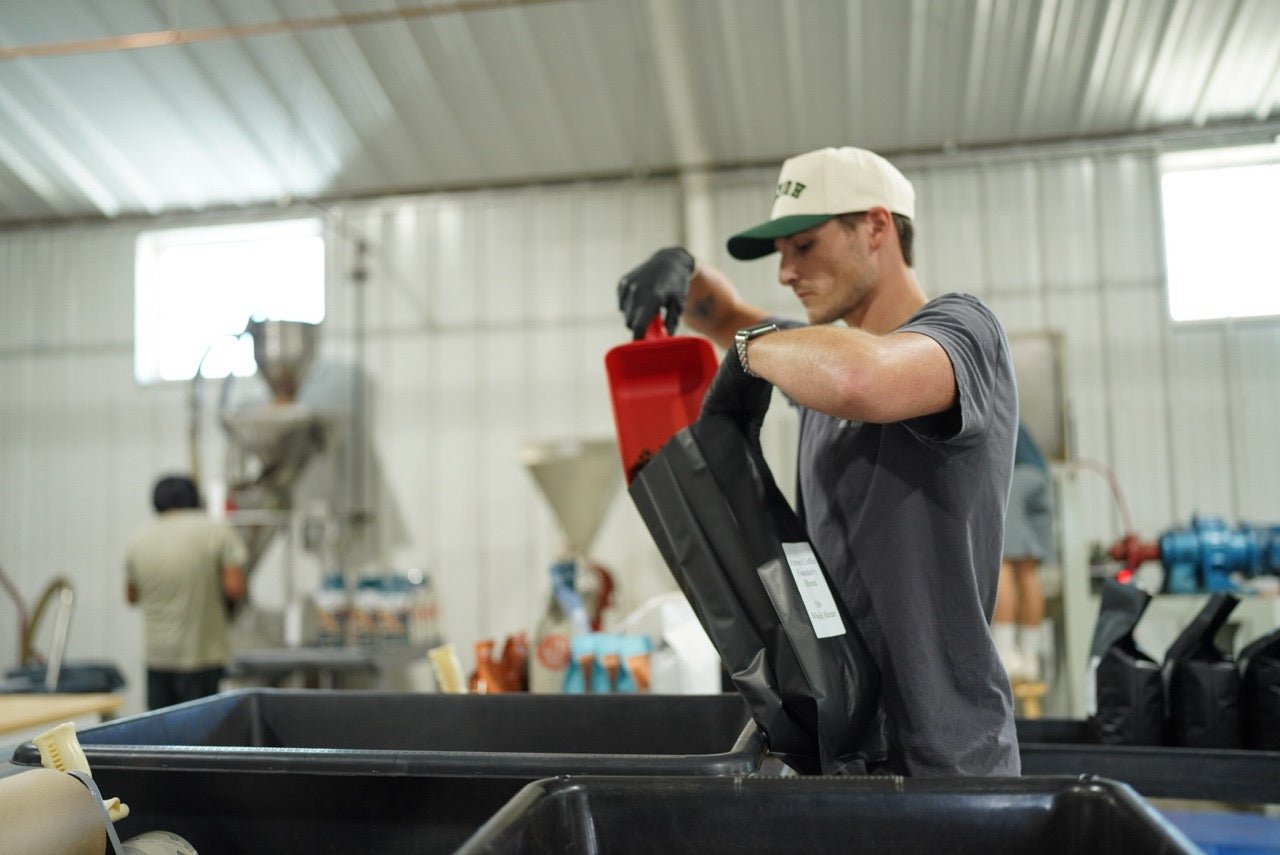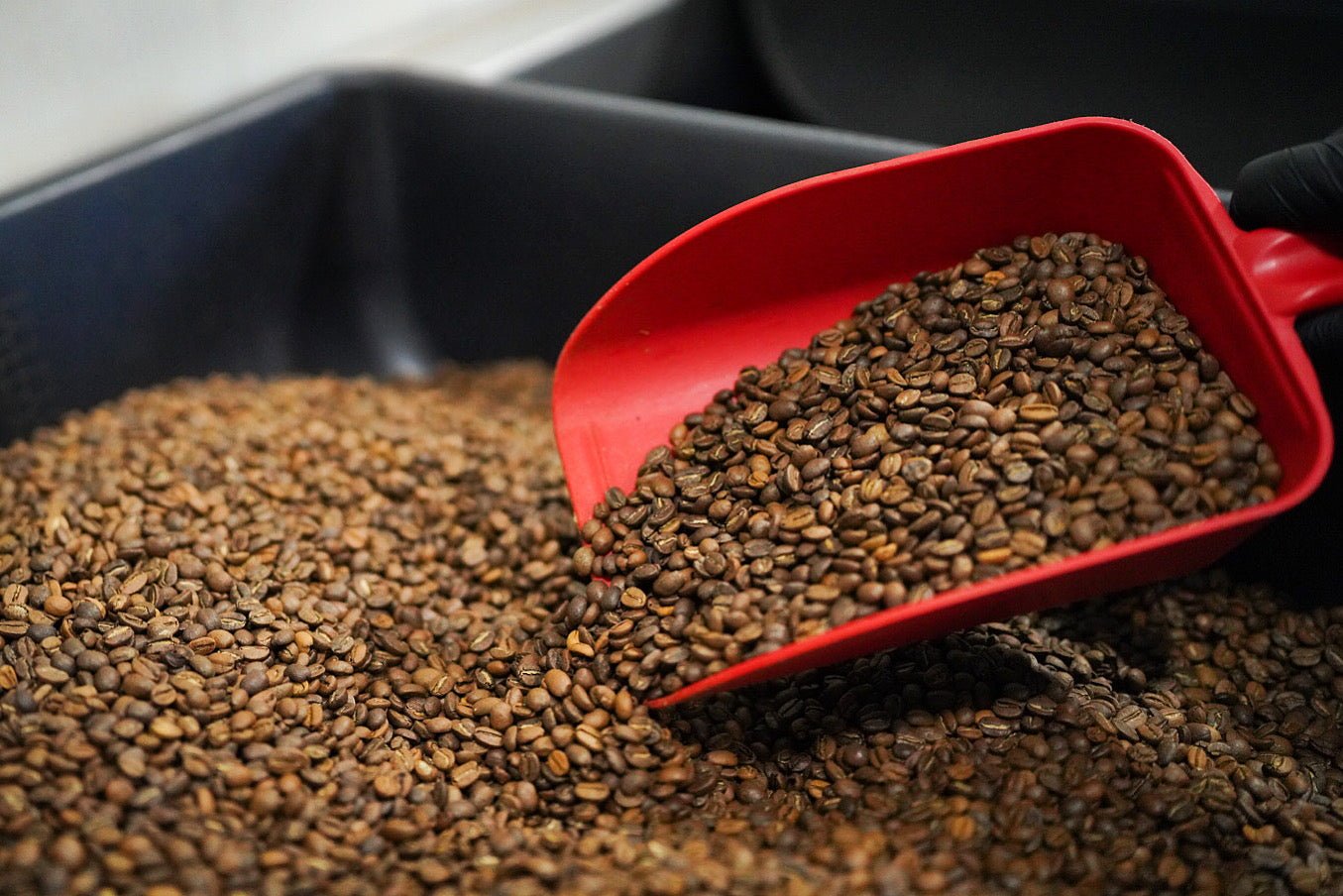Farm to Cup
We all want a great cup of coffee, right? You go to your local coffee shop, order a single origin espresso, and a few minutes later, you have a wonderful elixir in front of you. Or, maybe you prefer to make your own at home on an automatic drip, with a French press, or using a pour over method.
Whatever method you use, it can take years for a coffee plant to actually produce that wonderful cup of delicious coffee. If you delve a little deeper and look at all of the processes and people involved in bringing a great cup of coffee to the table, it becomes a lot more complex and time consuming than the few minutes it takes to prepare your cup of coffee.
At the Farm
To begin with, at the farm level, you not only have to source seed to germinate the best possible coffee plant, but you must insure that the seed is picked from the very best plants with the most amount of beans, also called cherries, to insure that the best genes might be passed on to newer generations. Coffee, though called a bean, is actually a drupe, or stone fruit. Some examples of drupes are peaches, plums, and cherries.
Seed Germination
Once you have selected the very best possible "parent" coffee plant, you will selectively pick the biggest and most robust cherries from the middle section of the Arabica plant. Once selected, depulp and germinate the seeds (recall in elementary school when you may have put seeds in wet paper towels for them to "sprout" and then you transferred them to a little pot with soil) to plant in your nursery. All of this painstaking care to select only the best cherries from the best plants will hopefully produce the best possible offspring and coffee, that once planted, will have the best chance to thrive.

From the nursery, you select only the germinated plants that have the best root structure- they can not be crooked or have very little root growth- to insure that they have the best chance of producing great coffee. You actually end up losing about 10 to 15% of the germinated seed plants due to bad root development in a well cared for nursery.
Coffee Nursery

It will take about 4 months from actual seed germination to planting permanently on site, where the plants will be transplanted from bags or containers, into the ground.
Once planted, you have to insure that the plant remains healthy over the next few years. Great care must be taken to insure that the plant is not eaten up by insects or dries up in a drought as the root system takes hold the plant grows to full maturity in the next five years. Years one and two are growth year with no cherries or beans, but you can expect about a 15 to 25% coffee yield in year three, with a 50 to 70% yield in year four, and finally full production in year five for strictly high grown Arabica coffee- meaning that the coffee was grown at high altitudes (above 900 meters above sea level) allowing the bean and sugars to develop slower, resulting in a denser, higher quality bean that is sweeter and more flavorful.

After picking the beans during the harvest season, there are a variety of methods used to further process the picked beans, but most Arabica coffee farms in the Central American area uses the “Wet” mill processing method.The cherries are “depulped” by removing the outer skin or Exocarp, to reveal the two seeded “drupe” or coffee beans as they are commonly called. In this photo, there is half of the drupe or bean shown with the entire outer covering or Exocarp.
Wet Milled Process
The beans are then “washed” overnight to allow the mucilage to be cleaned from the bean, in a 7 to 12 hour fermentation process. There are many other processes that are used, especially in arid countries with water shortages where a "Natural" or "Dry" process is used, or where newer processes are utilized that depulp the bean, but allow some or all of the mucilage to remain intact on the bean while drying, called a "Honey" process. This honey process is basically a middle ground for Wet vs. Dry processing.
The wet milled process is typically used in countries where there is abundant water. This process typically leads to a "cleaner" and more approachable cup of coffee than those using a "dry" or "honey" process that will impart a lot of flavor from the dried mucilage left on the bean during drying.
Time to Dry

From there, the beans are then laid out to dry in the sun for the next four or five days or more, or until they reach 11 to 12% humidity, at which point they are classified for density and size. All of this may take months from the time they are picked, until they are actually exported to the roaster.
Time to Roast
Once received by the coffee roaster, hopefully they are well versed in profiling that particular bean so that they can bring out the very best flavor notes and body, they apply their expertise by roasting the beans through specific profiles that dictate time, temperature, air flow, drum speed, etc., helping to insure consistent quality.
In the end, it may only take minutes to brew a cup of coffee, but it takes three to five years of growing the coffee plant and meticulous attention to all of the processes in between to insure that the very best roasted coffee ends up in your cup! Farm cup coffee has become a popular way to drink coffee, where it can be traced all the way from the farm to the cup. With that being said, as coffee farmers and roasters, we take great care in ensuring the very best coffee is perfectly roasted just for you at US Roast!


